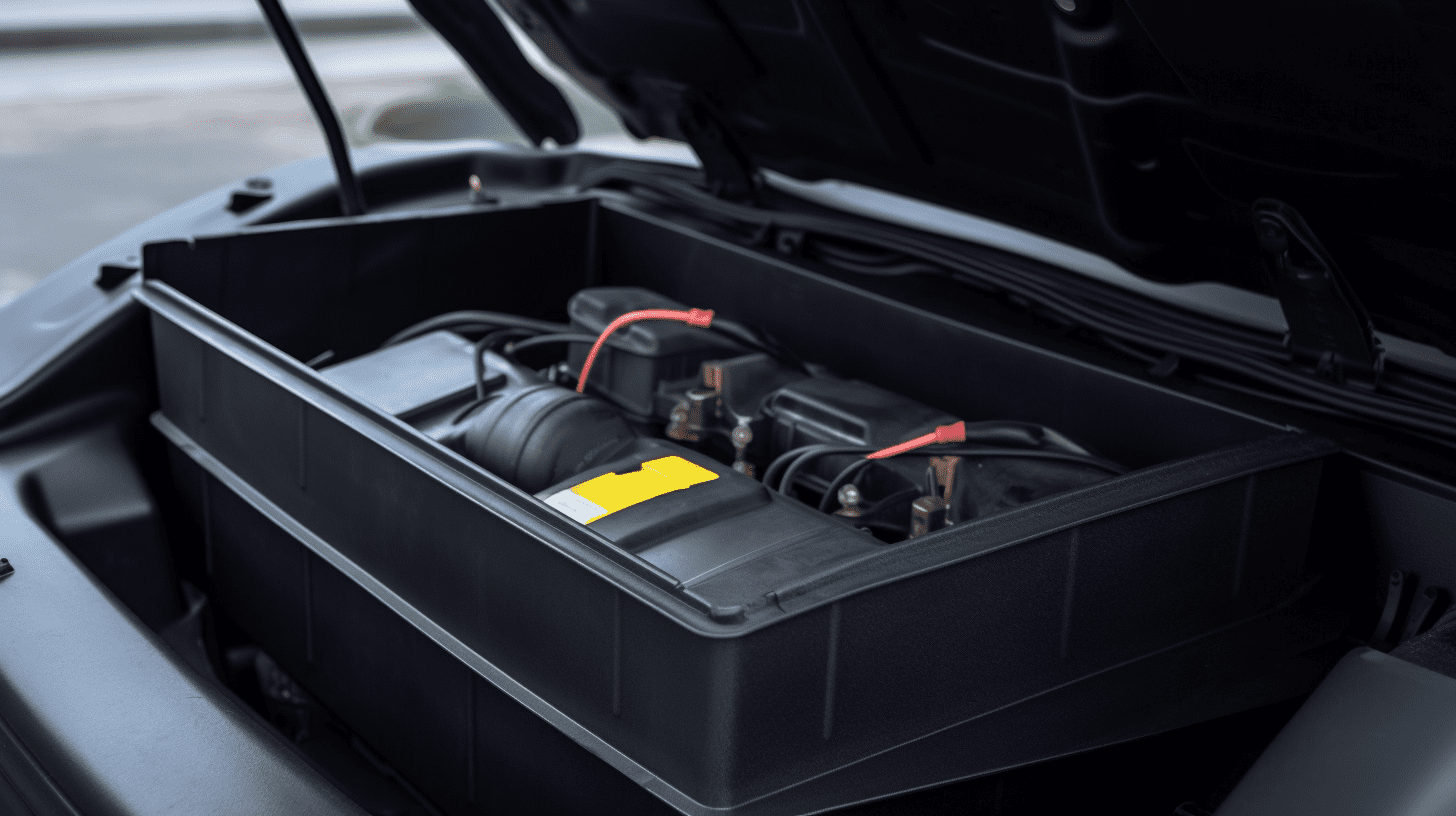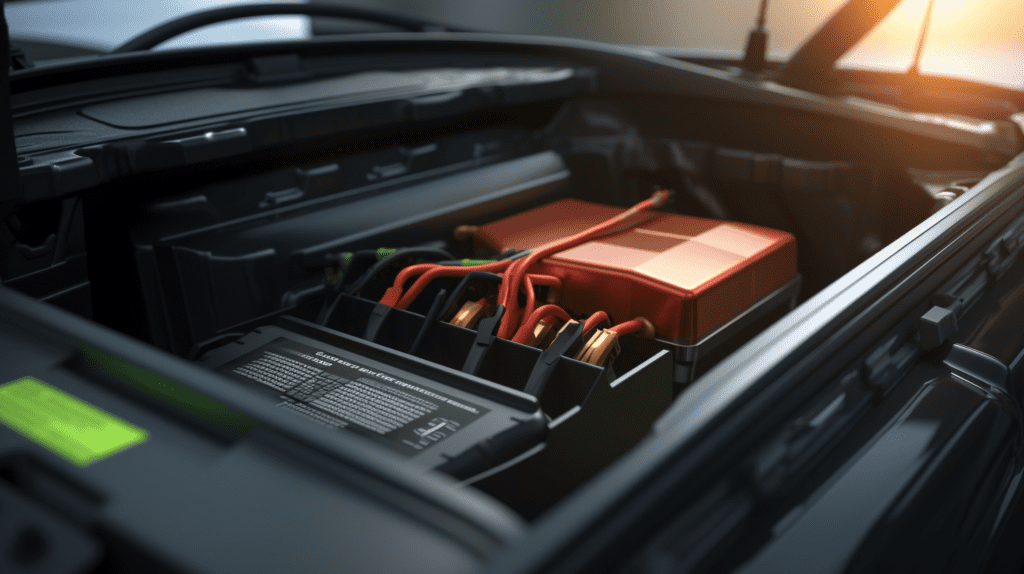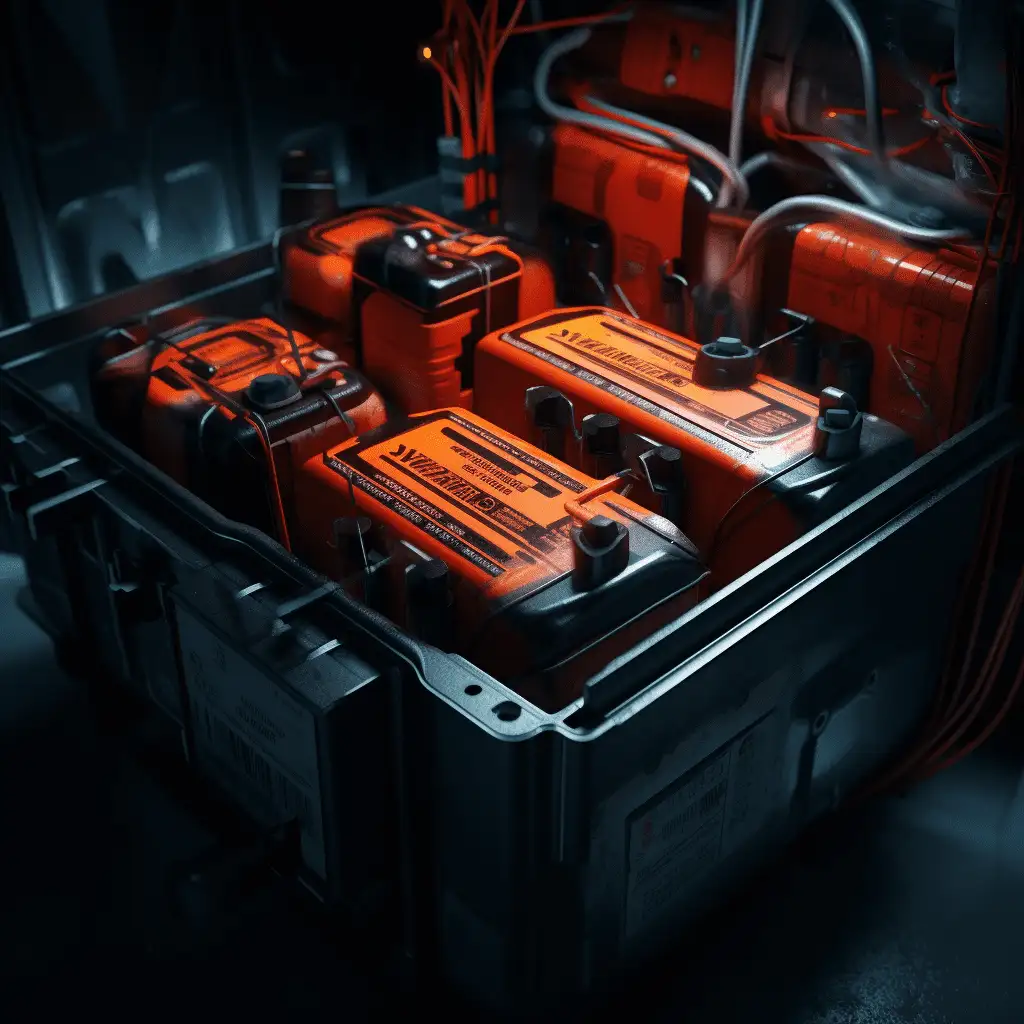Car batteries are an essential component of your vehicle, but sometimes they can become too energetic. Just like overcharging your phone, your car battery voltage can become excessively high. However, high voltage can be damaging to both the battery and your vehicle. It is crucial to check and maintain your battery to ensure its longevity and prevent damage to other engine components. In this article, we will discuss the causes of high voltage in car batteries and provide solutions to address this issue.
Causes of High Voltage in Car Battery:
1) Loose Connections:
One of the common causes of high voltage in a car battery is loose wires and connections. When connections are loose, the flow of electricity is impeded, resulting in improper charging or discharging of the battery. Symptoms of loose connections include difficulty starting the car and dim headlights. Checking the solenoid for the starter and inspecting all wires leading to and from the alternator and battery for corrosion can help identify and fix this issue.
2) Alternator Problems:
The alternator plays a crucial role in regulating the voltage in a car battery. When the alternator fails, it can lead to high voltage. Symptoms of alternator problems include difficulty with electrical systems turning on and staying on, fast blinking turning signals, and dimming lights. Revving the engine and observing changes in headlight brightness can help determine if the alternator is functioning properly.
3) The Starter:
The starter, which is directly connected to the alternator, can also cause high voltage if it is damaged or worn out. Issues with the starter can affect the battery and other components that power it, such as the alternator. If you have trouble turning the starter unit’s key or notice signs of wear and tear, it may be time to replace the starter.
4) The Battery Itself:
Sometimes, the high voltage issue may originate from the battery itself. Testing the battery with a voltmeter can help determine if it is the source of the problem. If the voltage readings are outside the range of 12.4V to 12.9V, it indicates a faulty battery. In such cases, replacing the battery may be necessary.
Is 15V too high for a car battery?
Yes, 15 volts is too high for a car battery. Most car alternators are voltage regulated to around 13.8 to 14.0 volts, which is the optimal range for recharging the battery and providing power to the vehicle. Exceeding this voltage can damage the battery’s plates by causing flaking of the plate material and reducing the battery’s lifespan. It can also lead to gassing, which is the breakdown of water in the electrolyte into hydrogen and oxygen gases. Overcharging and gassing can deplete the water in the electrolyte and quickly destroy the battery.
Top 10 Questions and Answers for Lithium Wholesale Buyers:
1) What is the minimum order quantity for lithium wholesale purchases?
The minimum order quantity for lithium wholesale purchases may vary depending on the supplier. It is advisable to contact the supplier directly to inquire about their minimum order requirements.
2) Can I customize the specifications of lithium batteries for wholesale orders?
Yes, many lithium battery manufacturers offer customization options for wholesale orders. You can discuss your specific requirements with the supplier to determine if customization is possible.
3) What certifications should I look for when purchasing lithium batteries wholesale?
When purchasing lithium batteries wholesale, it is essential to look for certifications such as UN38.3, CE, RoHS, and ISO 9001. These certifications ensure compliance with safety and quality standards.
4) What is the typical lead time for wholesale lithium battery orders?
The lead time for wholesale lithium battery orders can vary depending on factors such as order quantity, customization requirements, and supplier availability. It is advisable to confirm the lead time with the supplier before placing an order.
5) Do lithium batteries come with a warranty for wholesale purchases?
Many reputable lithium battery manufacturers offer warranties for their wholesale products. The warranty terms and conditions may vary, so it is important to inquire about the warranty coverage and duration before making a purchase.
6) Can I get samples of lithium batteries before placing a wholesale order?
Some lithium battery manufacturers provide samples for evaluation before placing a wholesale order. Contact the supplier to inquire about their sample policy and any associated costs.
7) What is the expected lifespan of lithium batteries for wholesale use?
The expected lifespan of lithium batteries can vary depending on factors such as usage conditions, charging/discharging cycles, and overall battery quality. It is advisable to inquire about the estimated lifespan from the supplier based on their specific product offerings.
8) How are lithium batteries shipped for wholesale orders?
Lithium batteries for wholesale orders are typically shipped in compliance with international shipping regulations for hazardous materials. They may be shipped in specialized packaging that ensures safe transportation.
9) Are there any restrictions or regulations for importing lithium batteries?
Yes, there are regulations and restrictions for importing lithium batteries, especially for international shipments. It is important to comply with the applicable regulations and consult with shipping experts or freight forwarders to ensure proper documentation and handling.
10) Can the supplier provide technical support and assistance for wholesale purchases?
Many reputable lithium battery suppliers offer technical support and assistance for wholesale purchases. They can provide guidance on battery selection, installation, and troubleshooting. It is advisable to inquire about the supplier’s technical support services before making a purchase.





